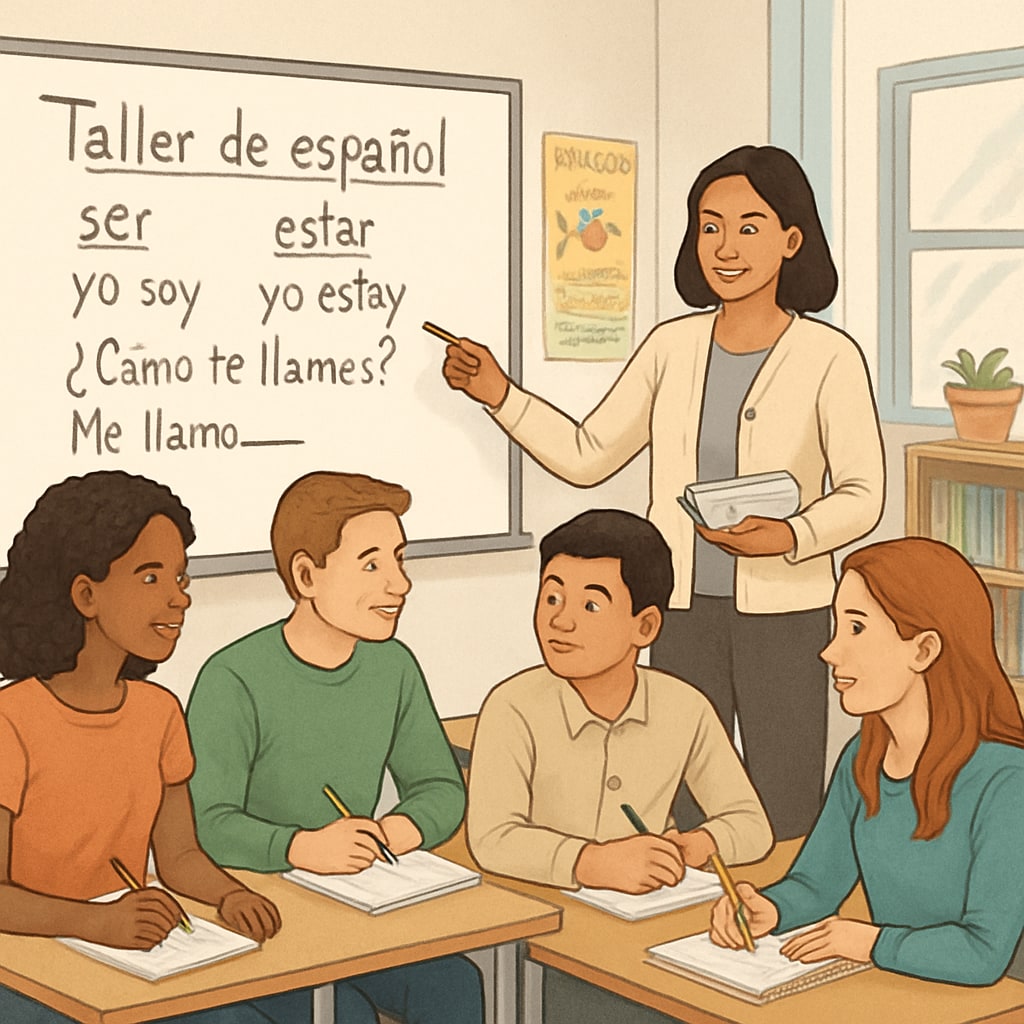Embarking on the journey of studying in Spain for a master’s degree is not only an enriching academic experience but also a strategic step toward long-term immigration and settlement. Spain offers a unique blend of high-quality education, cultural diversity, and a favorable pathway for international students to transition into permanent residency. However, the process requires careful planning, adaptability, and a clear understanding of both the academic and immigration systems in Spain.
Why Choose Spain for Your Master’s Degree?
Spain is a top destination for international students due to its renowned universities, affordable tuition fees, and vibrant culture. Institutions such as the University of Barcelona and the Autonomous University of Madrid consistently rank among the best in Europe. Additionally, Spain offers English-taught programs in fields like business, engineering, and the arts, making it accessible to non-Spanish speakers.
Beyond academics, Spain’s welcoming environment and diverse population make it an ideal place for personal and professional growth. The country also has a relatively low cost of living compared to other European nations, which is a significant advantage for students on a budget.

Navigating the Immigration Process
For international students, studying in Spain can be a gateway to permanent residency. Upon completing a master’s degree, students can apply for a post-study work visa, which allows them to seek employment or start a business. This visa is an excellent opportunity to gain professional experience and integrate into Spanish society.
Key steps in the immigration process include:
- Obtaining a Student Visa: Ensure all required documents, such as proof of admission and financial stability, are in order.
- Applying for a TIE (Foreigner Identification Card): This is essential for legally residing in Spain during your studies.
- Transitioning to a Work Visa: After graduation, explore job opportunities that align with your field of study to qualify for a work visa.
For detailed information, visit the Expatica guide to Spanish visas.
Overcoming Challenges: Language and Cultural Adaptation
Adapting to a new culture and language can be challenging for international students. While many master’s programs are available in English, daily life in Spain often requires basic Spanish proficiency. Enrolling in language courses and participating in cultural exchange programs can significantly ease the transition.
Moreover, understanding cultural norms, such as the importance of family and social gatherings, helps students build meaningful connections. Universities often provide orientation programs and student support services to assist with cultural integration.

Strategies for Academic and Professional Success
To maximize the benefits of studying in Spain, consider the following strategies:
- Engage with Local Communities: Join student organizations, attend local events, and network with peers and professionals.
- Leverage University Resources: Utilize career services, mentorship programs, and internship opportunities offered by your institution.
- Plan Your Career Early: Research industries with high demand for skilled professionals, such as technology, healthcare, and renewable energy.
By actively participating in academic and social activities, students can enhance their employability and integrate seamlessly into Spanish society.
Conclusion: Turning Your Study Abroad Experience into a Permanent Home
Studying in Spain for a master’s degree is a transformative experience that opens doors to academic excellence, cultural enrichment, and long-term immigration opportunities. With the right preparation and a proactive approach, international students can successfully navigate the challenges of studying abroad and build a fulfilling life in Spain.
Whether you’re drawn to Spain for its education, lifestyle, or career prospects, the journey is undoubtedly rewarding. Take the first step, and explore the possibilities of making Spain your second home.
Readability guidance: This article uses short paragraphs, lists, and clear transitions to ensure readability. Passive voice and long sentences are minimized for better flow.


